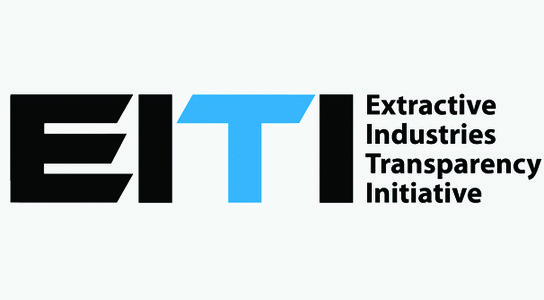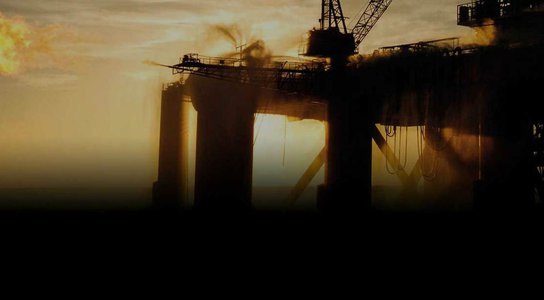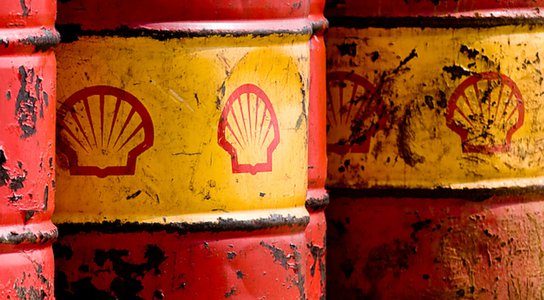Tomorrow the Extractive Industries Transparency Initiative (EITI), a global scheme of 51 implementing countries that aims to stop corruption in the oil, gas and mining industries, will meet in Bogota to make critical decisions about a game-changing measure known as project-level reporting.
The EITI requires oil, gas and mining companies to report details about the trillions of dollars they pay to governments across the world for the rights to natural resources. The reporting requirement applies equally to governments who must publish the receipts, enabling citizens in resource-rich countries to follow the money and ensure it’s used for their benefit instead of lining the pockets of corrupt elites.
In most cases however, EITI reporting doesn’t go into enough detail. Payments are generally disclosed only at the company level. So if a company operates five oil projects in a country, often its payments from each project will be lumped together and reported as an aggregate sum. Although this kind of reporting is a step in the right direction, it still allows companies or governments to hide payments from individual projects, which can reach into billions of dollars from a single project – and can easily go missing.
A new Global Witness investigation highlights the need for EITI countries to ensure payments are reported separately for each oil, gas or mining project. Our research shows that between 2013 and 2016 the mining giant Glencore redirected over $75 million to Dan Gertler, a controversial businessman accused of bribing senior officials in Democratic Republic of Congo to advance his mining interests.
The payments arose from Glencore’s Katanga mining project in Congo and, under the terms of the original contract, should have been transferred to the Congolese state. Instead the money was redirected to Dan Gertler’s Africa Horizons company, registered in the Cayman Islands.
Glencore’s disclosures in Congo’s EITI reports – a relatively rare example of project-level reporting in the EITI – played a critical role in revealing that the payments were being redirected. Glencore admitted the payments were made to Gertler. Gertler contests accusations of wrongdoing in his dealings in Congo.
This case highlights why all 51 countries that follow the EITI’s rules need to implement project-level reporting. Corruption happens at the project level in the oil and mining industries, and there’s no way of know for sure where the money is going unless payments are reported at this level of detail.
Pressure from campaign groups including Global Witness prompted the EITI to adopt project-level reporting in the EITI’s global standard in 2013. But the measure has been strongly resisted by a small number of oil companies including Chevron and Exxon, who advocate a much weaker standard for disclosing payments. After three years’ of stalling, project-level reporting has still not been implemented across EITI countries.
There’s no reason why this can’t be done. A small number of EITI countries have published reports that include project-level payment disclosures, including Indonesia, Ghana and Iraq, as well as Congo. Since 2013, 30 countries have introduced laws that compel their oil, gas and mining companies to report payments at the project level, including the UK, Canada, France and Norway. In the UK alone, over 80 extractive companies have disclosed project-level payments worth around $100 billion since 2015, with no ill effects.
The EITI is lagging behind. Moving at this embarrassingly glacial pace means it risks being eclipsed by global developments. The Bogota meeting is an opportunity for the EITI’s international board to show leadership and agree to bring the requirement for project-level reporting into effect. Otherwise oil and mining companies will be able to continue making payments in secret, and money that resource-rich countries badly need will continue being stolen.


